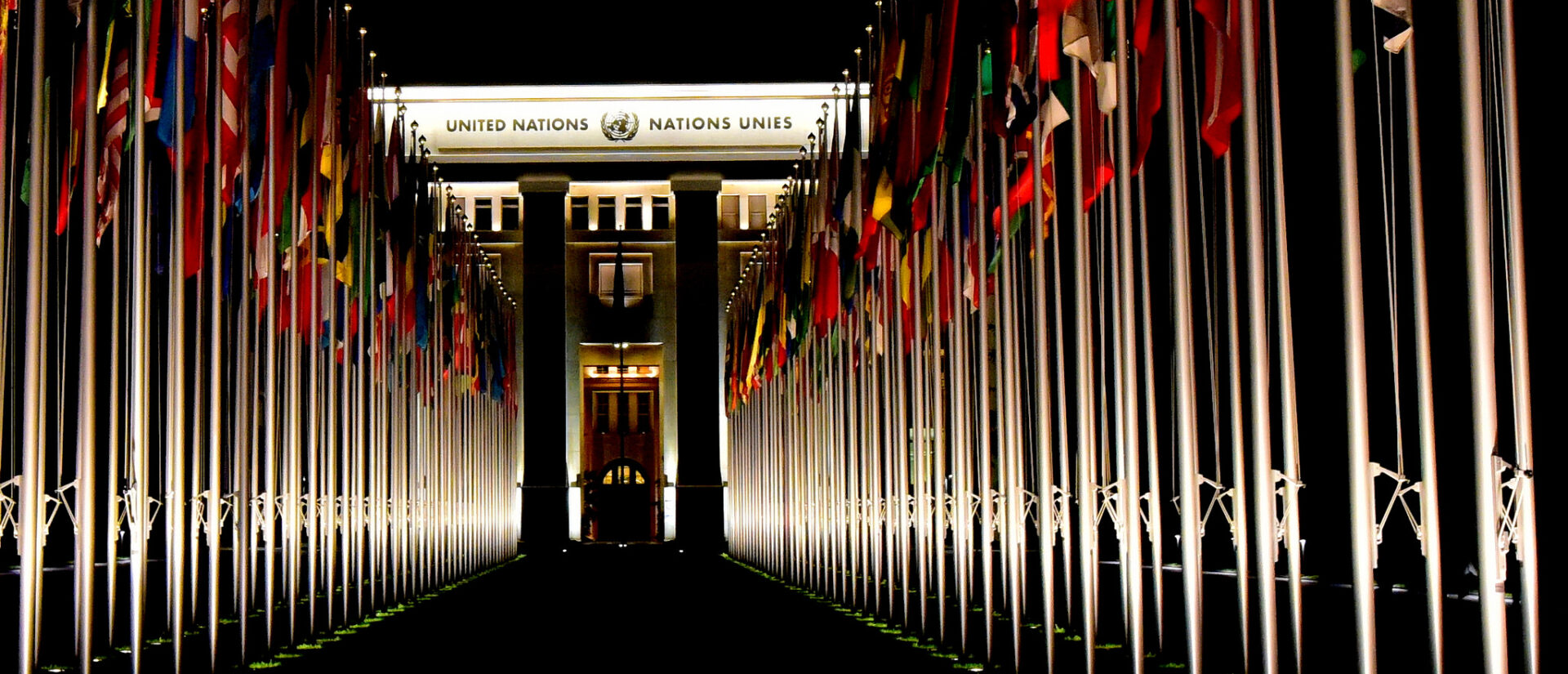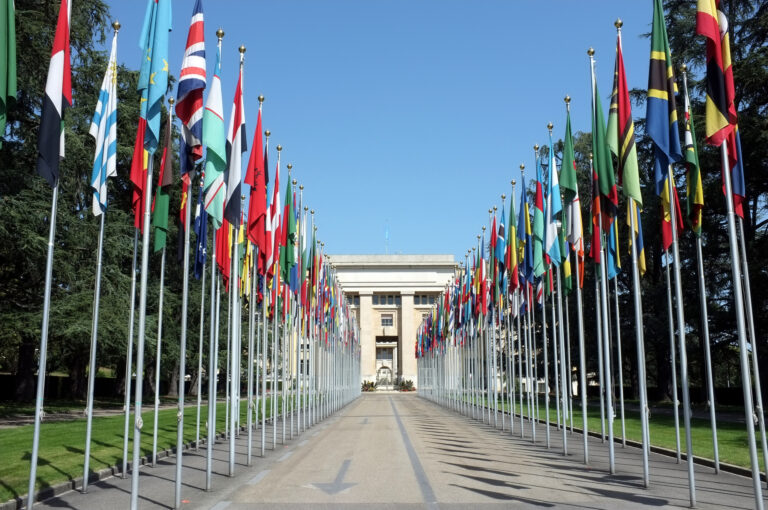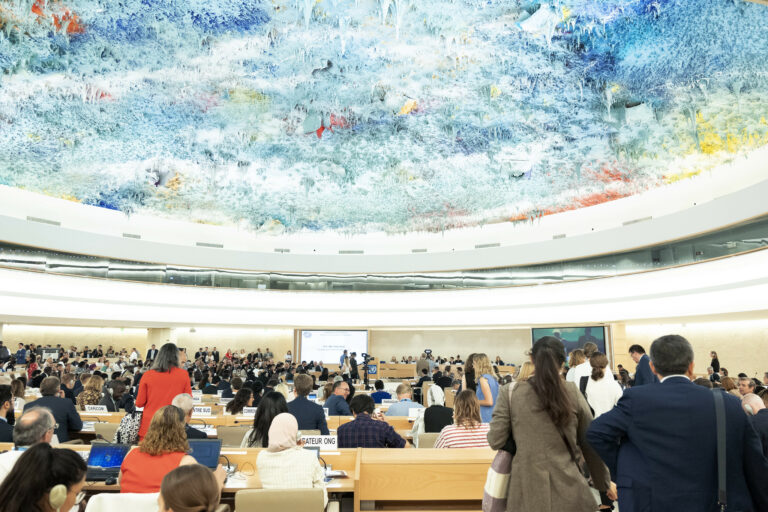
EU and UN instruments must work in tandem to guarantee justice
The UN Treaty aimed at regulating the activities of transnational corporations and other businesses (also commonly referred to as the Legally Binding Instrument, or LBI), and the proposed EU Directive on corporate sustainability due diligence (CSDDD) are two legal instruments currently under negotiations.
The instruments, while different in nature, are comparable since both include provisions to regulate companies to respect human rights, by preventing and ceasing their negative impacts on people and planet, as well as rules to provide remedy and access to justice, with the UN Treaty having an important focus on transnational obstacles to justice. In October 2021, civil society organisations published a briefing arguing that both instruments are necessary and should complement each other, ensure effective prevention and guarantee robust enforcement, liability and access to justice for affected people.
When the proposal for a European Due Diligence law was published in Feb 2022, it presented the opportunity to compare the two instruments substantively. CIDSE, ECCJ, ECCHR, FOEE, FIAN, FIDH and SOMO commissioned an expert study that analysed the division of EU and member state legislative competences on the LBI, as well as three content areas of overlap between the two instruments (the corporate due diligence duty, civil liability and access to justice rules). It illuminates how and where the two texts could be complementary and where they need further alignment to achieve an upward harmonisation of rules. The findings of the study make a strong case for an EU negotiating mandate.
Do you need more information?
-

Lydia de Leeuw
Researcher
Partners
-
CIDSE – Coopération Internationale pour le Développement et la Solidarité
Download
Accompanying documents
Related content
-
 Re-cap: 2021 negotiations over binding treaty on business and human rightsPosted in category:News
Re-cap: 2021 negotiations over binding treaty on business and human rightsPosted in category:News Lydia de LeeuwPublished on:
Lydia de LeeuwPublished on: -
Why is the EU still absent in UN negotiations on binding human rights rules for business?Posted in category:OpinionHeidi Hautala (MEP, Greens / EFA)Published on:Heidi Hautala (MEP, Greens / EFA)
-
 Re-cap: 2020 negotiations over binding treaty on business and human rightsPosted in category:News
Re-cap: 2020 negotiations over binding treaty on business and human rightsPosted in category:News Lydia de LeeuwPublished on:
Lydia de LeeuwPublished on:

